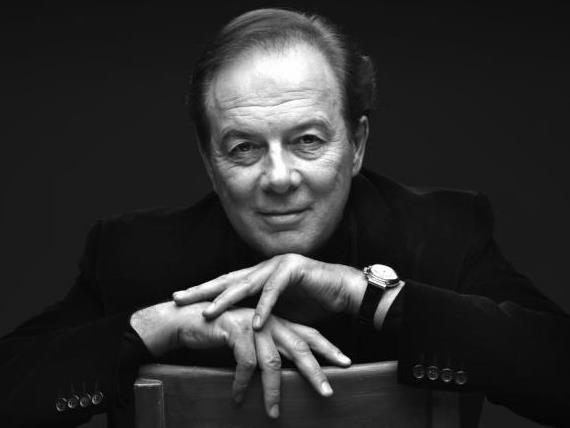Image: Ferruccio Furlanetto via MRC.
Ferruccio Furlanetto’s Melbourne debut was a rare moment. Not only did this recital mark the city’s first encounter with the acclaimed Italian bass; he sang Russian songs by Rachmaninov and Mussorgsky, which are not often heard on these shores. Expectations were high, and he delivered, with a performance that showcased his remarkable voice and capacity to convey emotion.
Such was Furlanetto’s contained expressions of distress that, even taking into account the melancholy program, I briefly wondered whether he was pushing through genuine physical discomfort early in the recital. There were none of those theatrical grimaces or outward-thrusting gestures commonly employed by singers to express turmoil. His occasional gestures – leaning into the piano’s curve, or pressing a hand gently to his face between phrases – were subtle, inward, as if he wanted to curl in on himself in grief.
This tall, dignified man pondered the score before him considerably more than he looked at the audience, but perhaps he didn’t need to. We not only saw but also heard, almost felt the pain Furlanetto channelled through his body, particularly through those golden vocal cords that have taken him to the world’s major opera houses and concert halls. In this psychologically rich performance full of bittersweet majesty, he revealed a voice like that of an ancient mountain god: deep, resonant and powerful, marked by assured tonal shifts and seamless breath control.
Furlanetto was accompanied by Igor Tchetuev, a Ukrainian pianist with silky technique and textural nuance perfectly matched to the vocalist’s artistry. Such was Tchetuev’s contribution that, far from being overshadowed by the great man, he made one wish for a future opportunity to hear him as soloist.
The program’s first half featured nine songs by Rachmaninov, each full of regret, even when the subject was lilacs. The Silent Night, a dark, obsessive meditation on lost love, raised the already high standards set by the first three songs. Beautifully expressing the subject’s strange pleasure in his heartbreak, Furlanetto ended with a high pianissimo note that spoke volumes.
The second half offered another nine songs, by Mussorgsky, with perhaps an even more bleak outlook. Death was to the fore, especially in the final four songs, collectively known as Songs and Dances of Death, in which the grim reaper visits a drunken peasant, then a mother with a sickly child, a young woman, and finally the battlefield. The recital reached new heights of wonder here, particularly during Lullaby, which concluded with a grim, whispering breath as astonishing as any of Furlanetto’s perfectly formed notes.
This was a masterful, moving recital, only very slightly marred by a feeling that he had been a little too introspective, as if the audience were surplus to requirements. Those fortunate enough to experience it will eagerly await Furlanetto’s return to Melbourne in May next year, when he interprets the title role in Massenet’s opera Don Quichotte.
Rating: 4½ stars out of 5
Bass: Ferruccio Furlanetto
Piano: Igor Tchetuev
Melbourne Recital Centre





